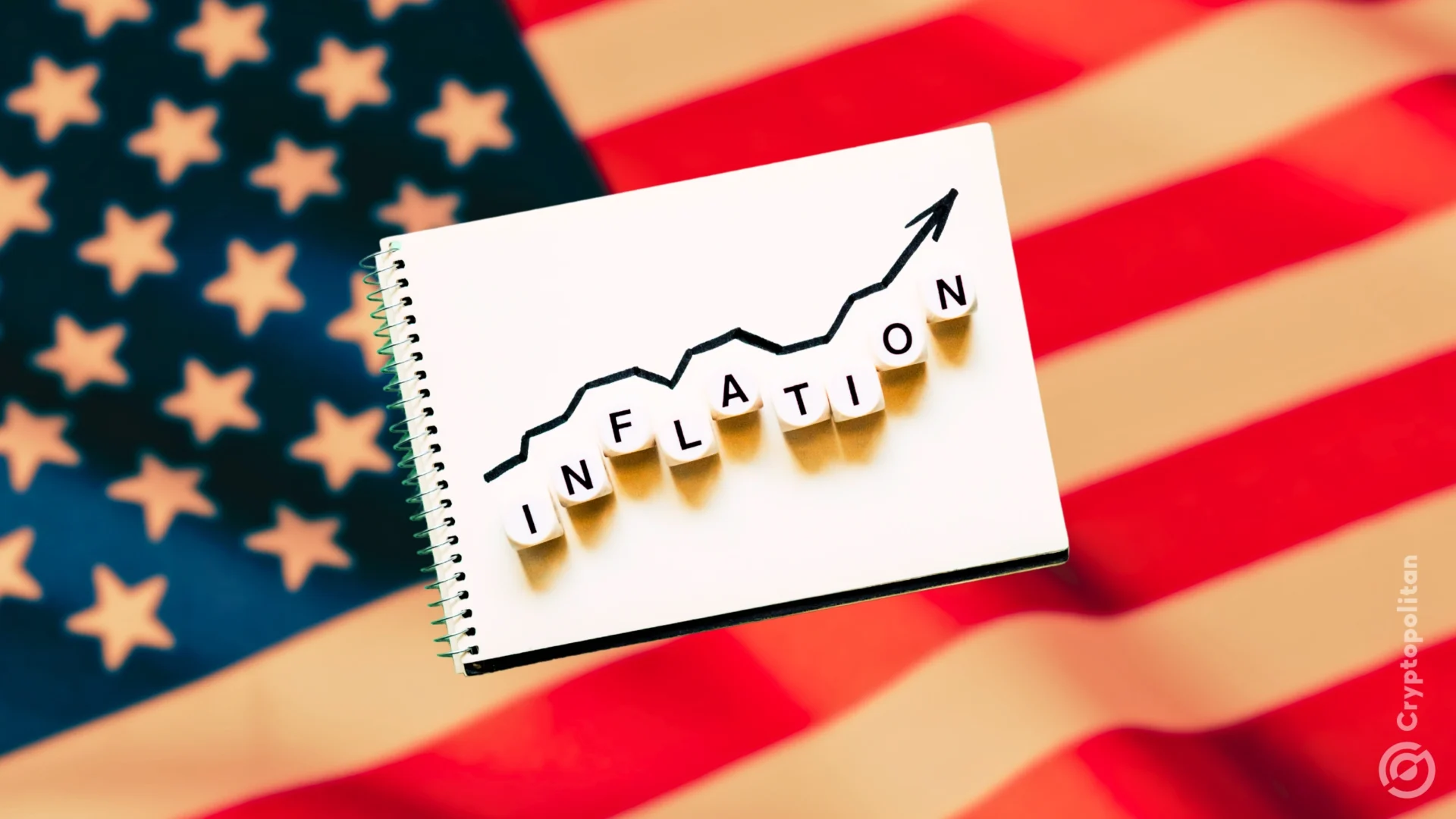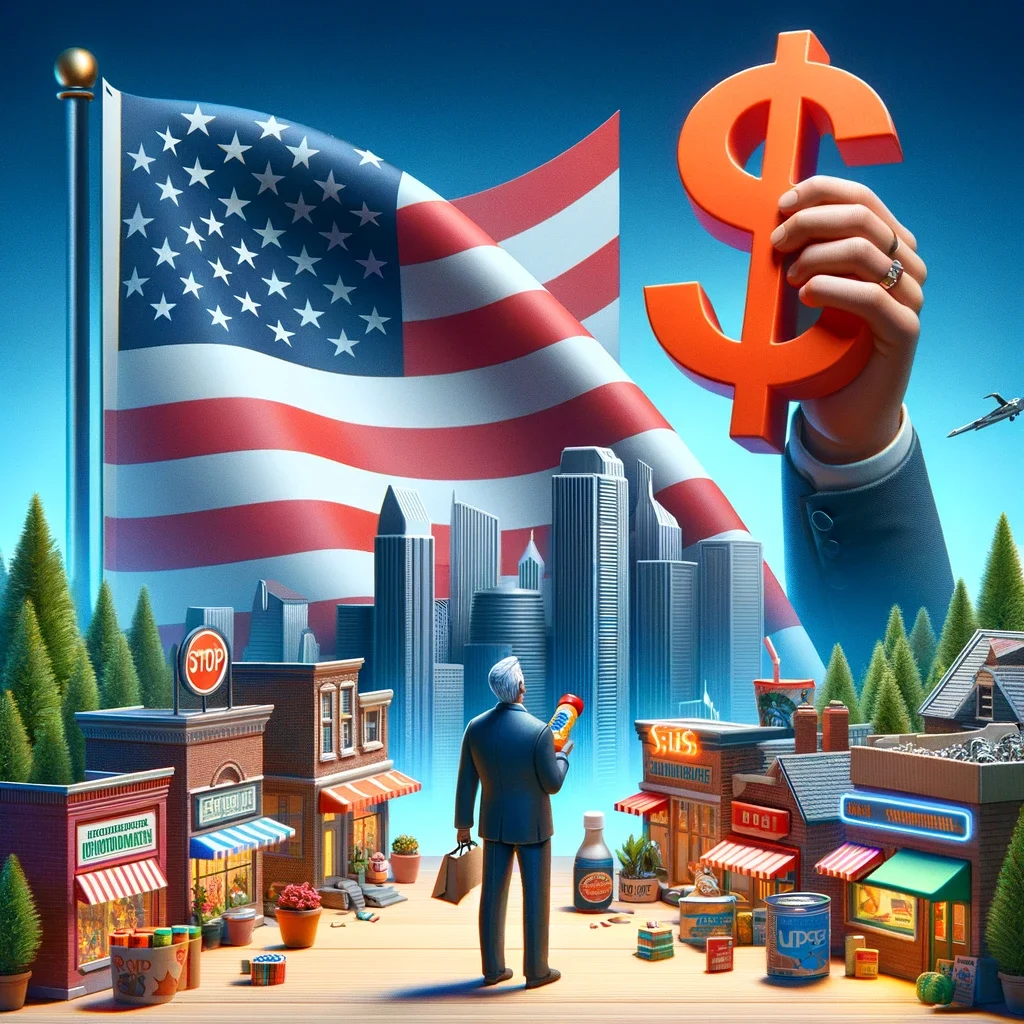Most economists agree: Donald Trump’s policies would push inflation, interest rates, and deficits higher than Kamala Harris’s.
That’s the takeaway from The Wall Street Journal’s latest survey, taken from October 4 to 8. The findings are consistent with a similar survey from July, which also showed Trump’s policies would drive inflation higher.
Back then, Trump was up against Biden. But with Biden dropping out of the race, Harris has stepped in, and economists are still convinced that Trump’s would be worse for American wallets.
The policies
Since both candidates have released their new economic plans, the gap has grown wider. Harris’s proposals include new credits for newborn children and home buying.
Trump, on the other hand, wants to slash taxes on overtime pay, Social Security, auto loans, and even state and local taxes.
Of the 50 economists surveyed, 68% said Trump’s policies would result in faster-rising prices. That’s up from 56% back in July. In contrast, only 12% thought inflation would be higher under Harris.
Dan Hamilton, an economist at California Lutheran University, was one of those who changed his stance since the July survey.
Back then, he and his colleague Matthew Fienup were on the fence about the impact of Trump’s policies. Now? Not so much.
“Trump’s stance on trade has gotten worse,” Hamilton said. Since July, Trump has proposed blanket tariffs of 10% to 20% on all imports, far beyond his earlier 10% proposal.
He’s also suggested a monstrous 60% tariff on Chinese goods. Economists know tariffs don’t just hit foreign exporters.
They’re passed on to American consumers as higher prices for imported goods. Philip Marey, senior U.S. strategist at Rabobank, wasn’t optimistic: “People are in for a nasty surprise.”
Despite the expected costs, Trump continues to tout tariffs as the magic bullet to bring jobs back to America, generate government revenue, and punish countries like China, which he claims have been ripping off the U.S. for years.
He’s dismissed criticism about inflation during his time in office, pointing out that oh well, it was at least lower under him than under Biden.
Deficits to skyrocket under Trump
Trump’s tax plans don’t stop at tariffs. On the campaign trail, he’s promised to eliminate taxes on Social Security income and overtime pay. He also wants to lower taxes for Americans living abroad.
Harris, meanwhile, hasn’t made any major tax cuts a part of her platform. Unsurprisingly, 65% of economists in the survey believe Trump’s policies would place more upward pressure on the federal deficit.
In fact, the Committee for a Responsible Federal Budget estimates that his proposals would add $7.5 trillion to the federal deficit over the next ten years. That’s more than double what Harris’s plans would add.
More borrowing means higher interest rates. Of the economists surveyed, 61% said interest rates would be higher under Trump than Harris. That’s bad news for anyone planning to take out a loan.
Mortgage rates would jump. Car loans would cost more. Credit card debt would become more expensive. It literally affects every single corner of the economy.
When asked how Trump’s proposed tariffs would affect domestic manufacturing jobs over the next three to five years, 59% of economists said employment would actually decrease.
Only 16% thought jobs would increase. And that’s just in the manufacturing sector.
Harris seen as more fiscally conservative
While Harris hasn’t positioned herself as a champion of fiscal responsibility, she’s not proposing the same drastic cuts as Trump.
Her policies are focused on specific social programs, like home buying credits and assistance for families with newborns.
These programs are likely to be expensive, but they pale in comparison to the sweeping tax cuts and tariffs Trump has laid out.
On growth, economists were more divided. While 45% believe the economy would grow faster under Harris, 37% think Trump’s policies would result in stronger economic growth.
Hamilton, from California Lutheran University, believes Trump’s plans to cut corporate taxes and deregulate industries could give the economy a short-term boost.
The bottom line? Trump’s policies are a gamble. They might provide a short-lived economic surge, but at the expense of long-term financial stability.
Harris’s proposals are more modest and would likely avoid the kind of explosive inflation Trump’s tariffs and tax cuts could unleash.
Economists are more optimistic about the economy
But the economists said they have grown more optimistic about the U.S. economy since the last survey. They now predict that GDP will grow by 2.2% in the fourth quarter of 2024, up from the 1.7%.
Inflation is also expected to cool, with economists predicting it will hit 2.5% by the end of the year, down from the 2.8% they predicted in July.
Unemployment is expected to remain steady at 4.2%, only slightly up from the 4.1% rate in September. Economists have also lowered their predictions for a recession, with only 26% now seeing a downturn in the next 12 months. That’s down from 28%.
Federal Reserve Chair Jerome Powell also saw a boost in confidence. The percentage of economists giving him an “A” grade for his performance rose to 45%, up from 20% a year ago.
The Fed has been navigating a difficult path, trying to bring inflation down without triggering a recession. So far, they seem to be succeeding, although the road ahead is still very uncertain.





